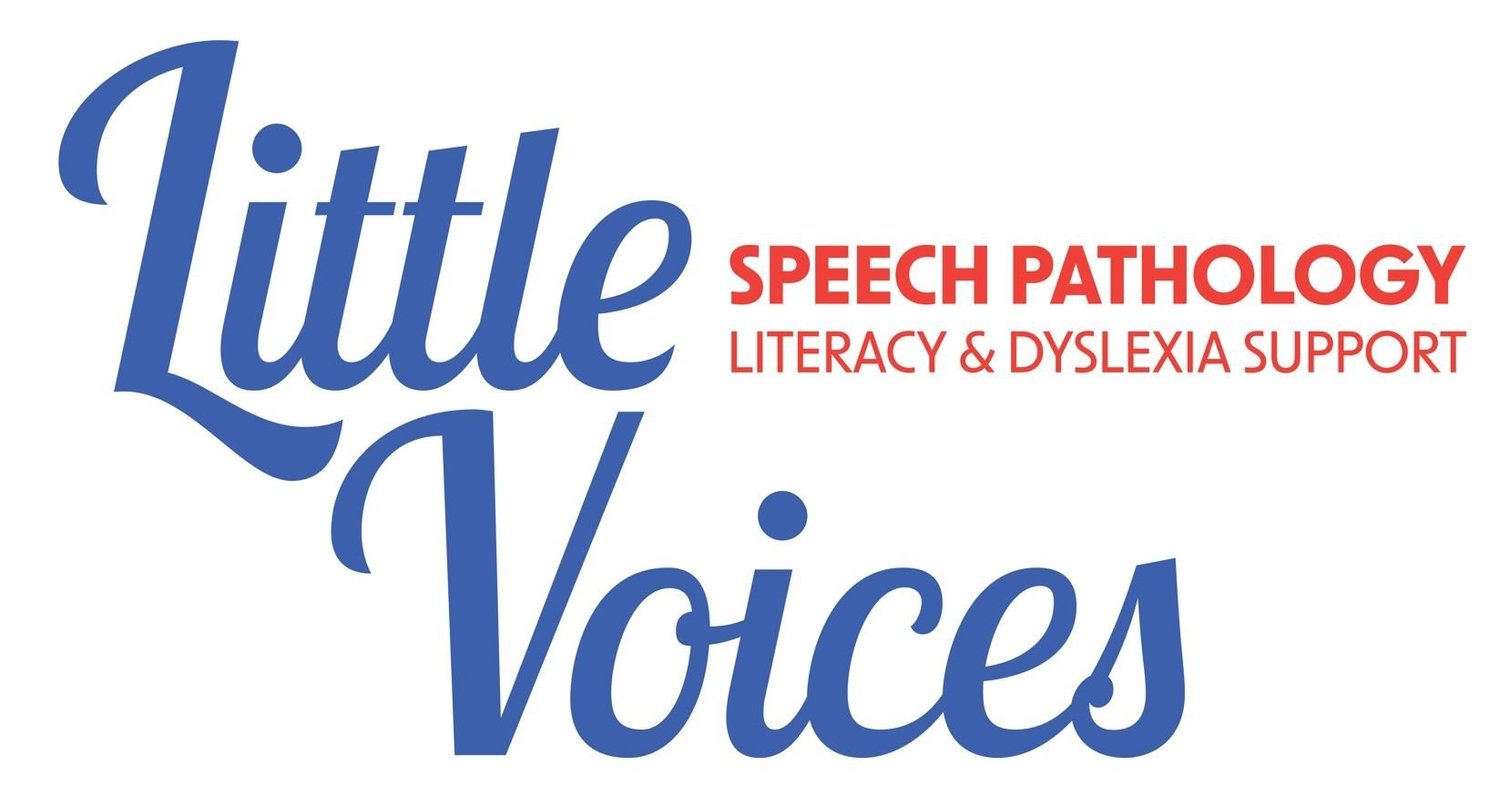Why Australia is failing our children in the teaching of reading and writing
When my five-year-old daughter began school this year she went armed with a solid knowledge of the sound system of spoken language from a lot of time spent in her preschool years playing around with sounds in words. She had been able to tell me what sound a word began with since she was three years of age. Beginning school she was able to blend sounds together to make words and break words up into the individual speech sounds. I felt she was equipped with a great foundation to begin the teaching of reading and writing.
After her initial classroom assessment with her teacher the teacher said to me "she knows all her letters and sounds and can sound out words but she doesn't use any reading strategies". When I asked her what she meant by this she said "She doesn't look at the picture to help her. She needs to be encouraged to do this". My jaw almost fell to the floor. I know that looking at the picture is not reading, it's guessing. I know that the only way children can become successful readers is to be able to sound out words. They need to have a good knowledge of sounds in words and then what letter patterns can be used to represent those sounds in words. I know this because there is bucketloads of evidence and research out there that tells me this. Why is it that so many teachers don't know the proven methods to teach children how to read?
As a speech pathologist with a special interest in reading, writing and dyslexia I see children all the time who are still relying on looking at the picture to help them work out the word in grade 2 and 3. They have no decoding strategies because they haven't explicitly been taught to sound out words, or at least not thoroughly enough, and they've never been taught phonological awareness skills. I've had a number of students recently who are doing well with reading but are very poor spellers. When I look at their reading I notice that they can't decode any unfamiliar words. They are reading well purely because of a large sight vocab and they are using the context of the story to predict unknown words, indicating they have good comprehension and oral language skills. When I complete an assessment with them they have very poor phonological awareness skills. Many of them have no understanding of the difference between a letter and a sound. If they had been taught from their first year of school using a synthetic phonics approach to teaching reading they would be far less likely to have these problems.
Reading Recovery is introduced in grade 1 for students who have not reached benchmark levels with their reading progress. Unfortunately Reading Recovery also promotes the strategies of looking at the picture and making predictions. It has been found in many studies to be an ineffective method of supporting struggling readers, especially for students presenting with dyslexia (see links below for more information). Why should we wait until children are struggling though to put strategies in place to help them?
There are many professionals around the world who are working on changing the way we teach our children to read. There are numerous articles and research papers on this topic. It is time we make a change.
There shouldn't be so many Australian children failing at reading when there is enough evidence out there to show us how children should be taught to read in order for them to become successful readers.
I'm working on conveying the research and evidence to the schools that I work in to help them make a change with how they teach their students to read. If this is of interest to you use the following links and take the information to your child's school to show them that they can make a difference.
See IFERI for all things reading instruction.
Information on synthetic phonics
Inform - what is synthetic phonics?
Information on why reading recovery is not effective
Reading Recovery is not effective
Outcomes of the National inquiry into the Teaching of Literacy
Report from the National Inquiry
Some great phonics apps
Decodable phonics readers (what children should be reading instead of the leveled readers most schools use)
Other great literacy websites

